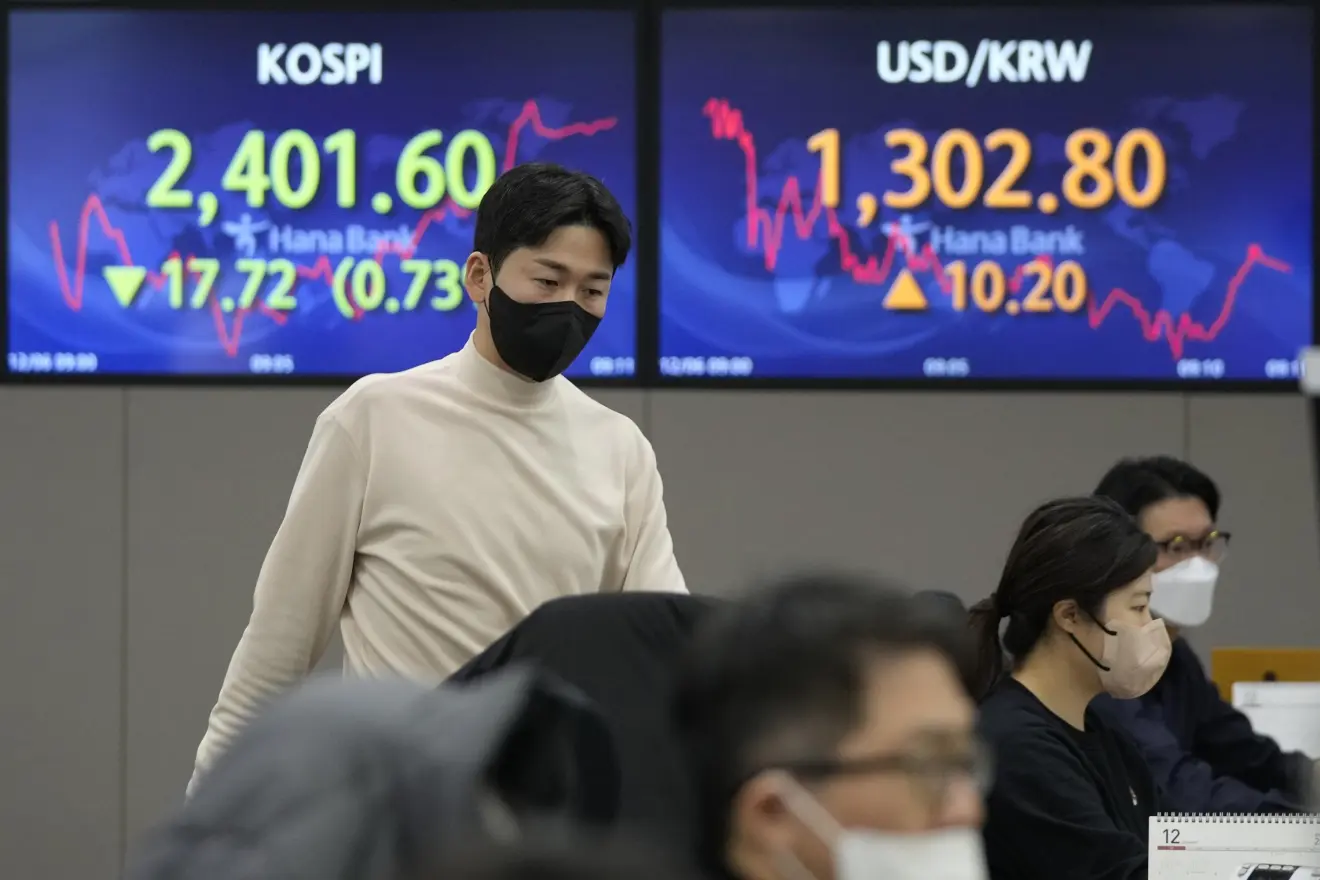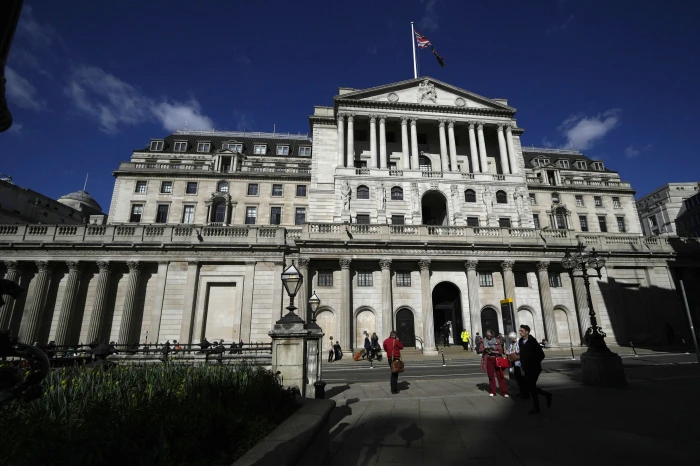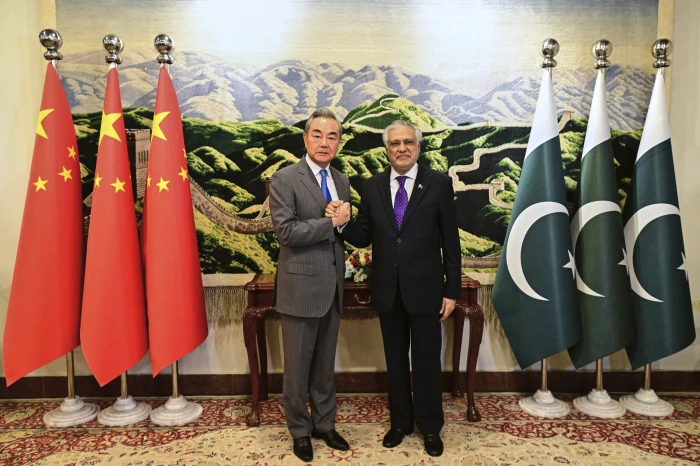Inflation Pressures and Monetary Policy
Brazil, Chile, and Mexico were among the first emerging markets to raise interest rates in response to post-pandemic inflation. While these moves stabilized currencies and anchored inflation expectations, they also slowed domestic demand and raised borrowing costs for households and firms. In countries like Argentina, high inflation and weak monetary credibility continue to undermine stabilization efforts.
Fiscal Balances Under Strain
Governments in Colombia, Peru, and the Caribbean face rising debt service costs as global borrowing becomes more expensive. Pandemic-era spending programs left limited fiscal space, forcing policymakers to weigh austerity measures against the political risks of reducing subsidies and welfare programs. Sovereign credit ratings remain under pressure, affecting access to international capital markets.

Depreciation of local currencies against the U.S. dollar has heightened concerns about external debt repayment and inflation pass-through. Central America and parts of the Andes face increasing pressures toward informal or partial dollarization, raising questions about long-term monetary sovereignty.
Asian shares lower as strong data hit hopes for dovish Fed
Stocks are mostly lower in Asia after Wall Street pulled back as surprisingly strong economic reports highlighted the difficulty of the Federal Reserve’s fight against inflation.

Its Global Economic Outlook report estimated global growth at 1.4% in 2023, revised down from 1.7% in its September forecast. It put U.S. growth in 2023 at 0.2%, down from 0.5%, as the pace of monetary policy tightening increases.
Our Newsletter
Subscribe our newsletter to get latest news & promotion
By subscribing, you accepted the our Policy

Caribbean Export Diversification: Tourism, Services, and Niche Products

Fiscal and Monetary Policy Challenges in Latin America

















